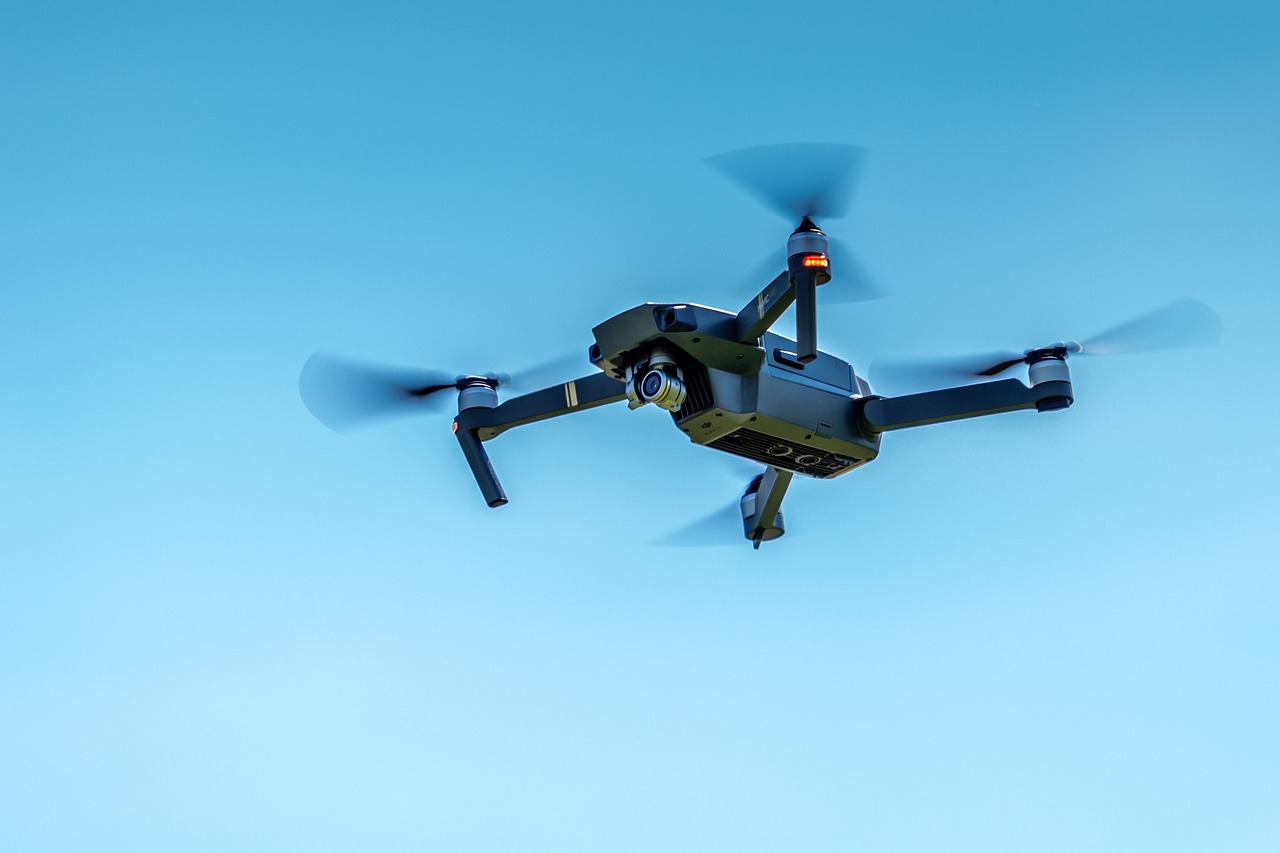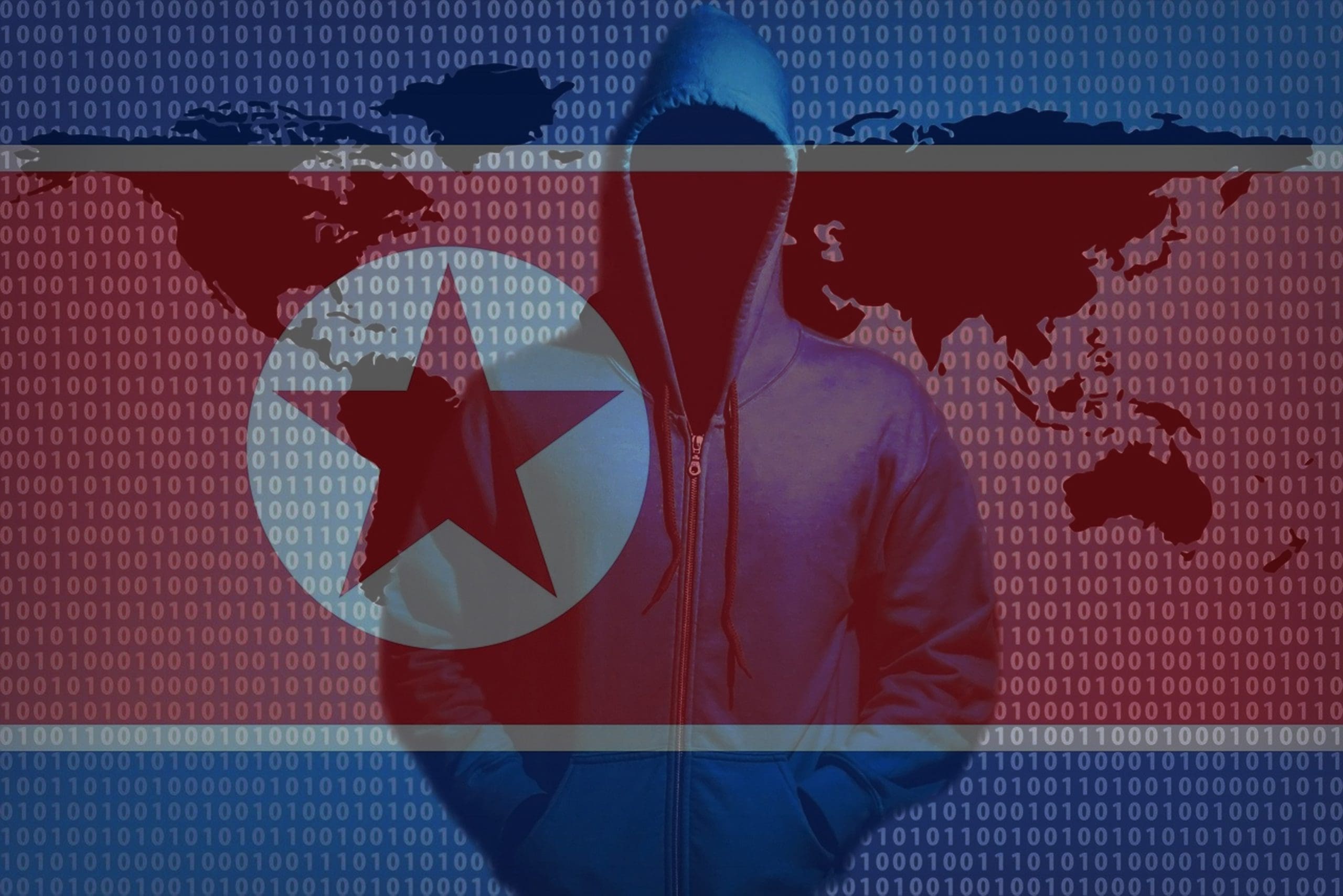This post is also available in:
 עברית (Hebrew)
עברית (Hebrew)
The use of fifth-generation mobile technology (5G) in the military sphere is expected to increase the speed of data transfer and improve intelligence, surveillance, and reconnaissance (ISR) systems and processing, enable new methods of command and control, and streamline logistics systems for increased efficiency,
Latvia is aiming to market itself as a hub for 5G military testing in Europe, with a successful technology test late last year leading to an expanded effort planned for 2021.
Last November, Ādaži Military Base, located outside of Riga, was temporarily turned into a 5G hub. The test involved medical training through virtual/augmented reality glasses, as well as training for military personnel via a VR headset, with the VR capability coming from Latvian companies.
A 20 kilometer distance separated military units, Jānis Garisons, state secretary for אthe Latvian Ministry of Defence, told c4isrnet.com. It also involved communicating with unmanned aerial vehicles at a distance.
LMT, Latvia’s largest telecommunications provider, set up the test bed and worked with the Ministry of Defense on the experiments.
The 5G network is based on Nokia technology, with Garisons stressing that Chinese firm Huawei Technologies, a major security concern for the U.S. military, was never an option considered, as a result of cybersecurity protocols passed by the government last summer requiring that all 5G components used in Latvia be produced in NATO or EU countries.
The testbed was not the first 5G experiment for the Latvian government, which has mapped out a rough 5G plan for the country through 2024. However, it was the first time a military base was used as a test site with an eye directly on 5G military capabilities.
Garisons sees “three main directions” for 5G development in Latvia: situational awareness and early warning, communications network redundancy, and future technological developments. Latvia is “a small country and we don’t have a lot of manpower,” he said.
“And through those technologies we can achieve, probably, some effects that probably otherwise we would not be able to achieve” against a stronger power.


























